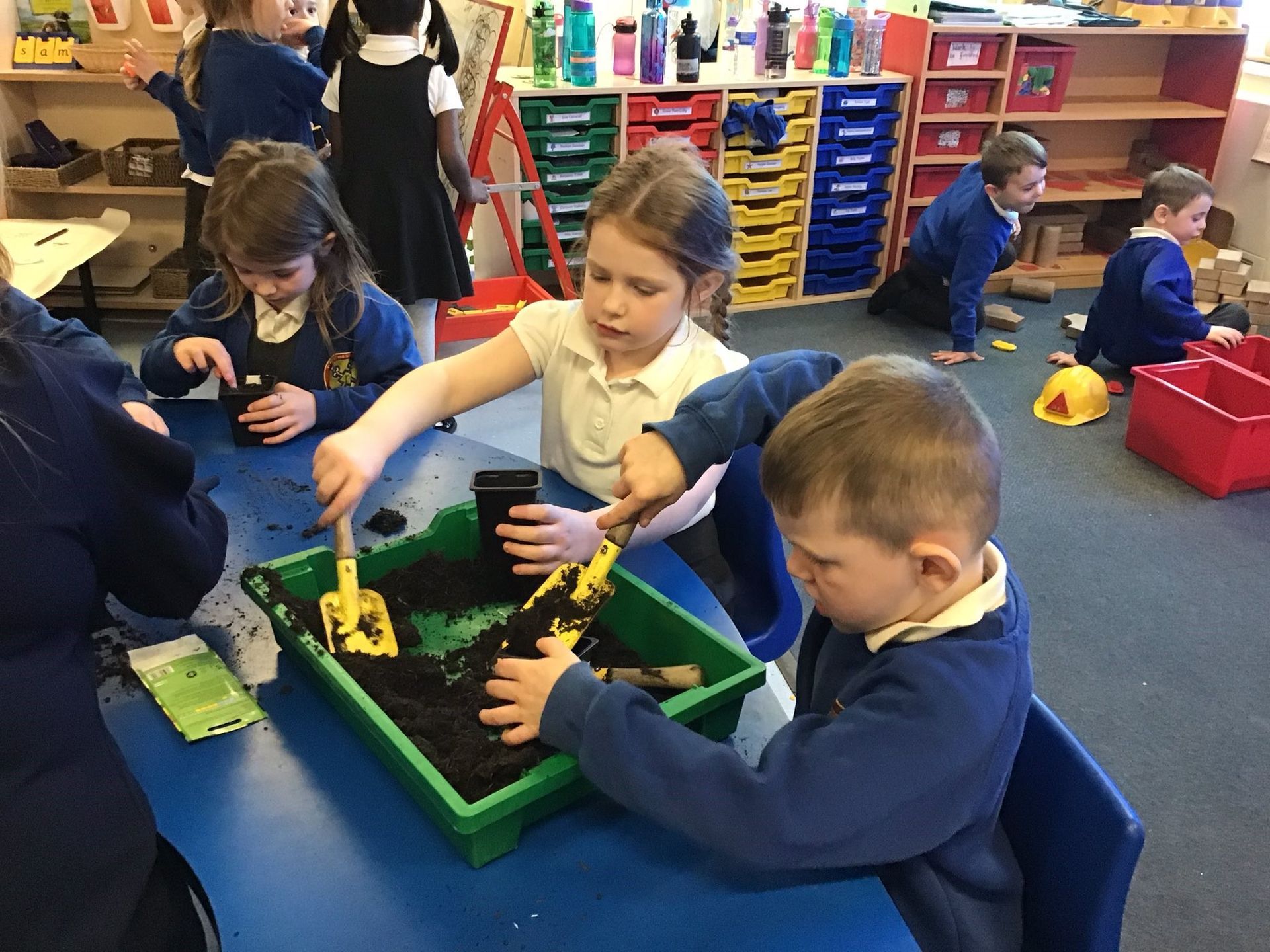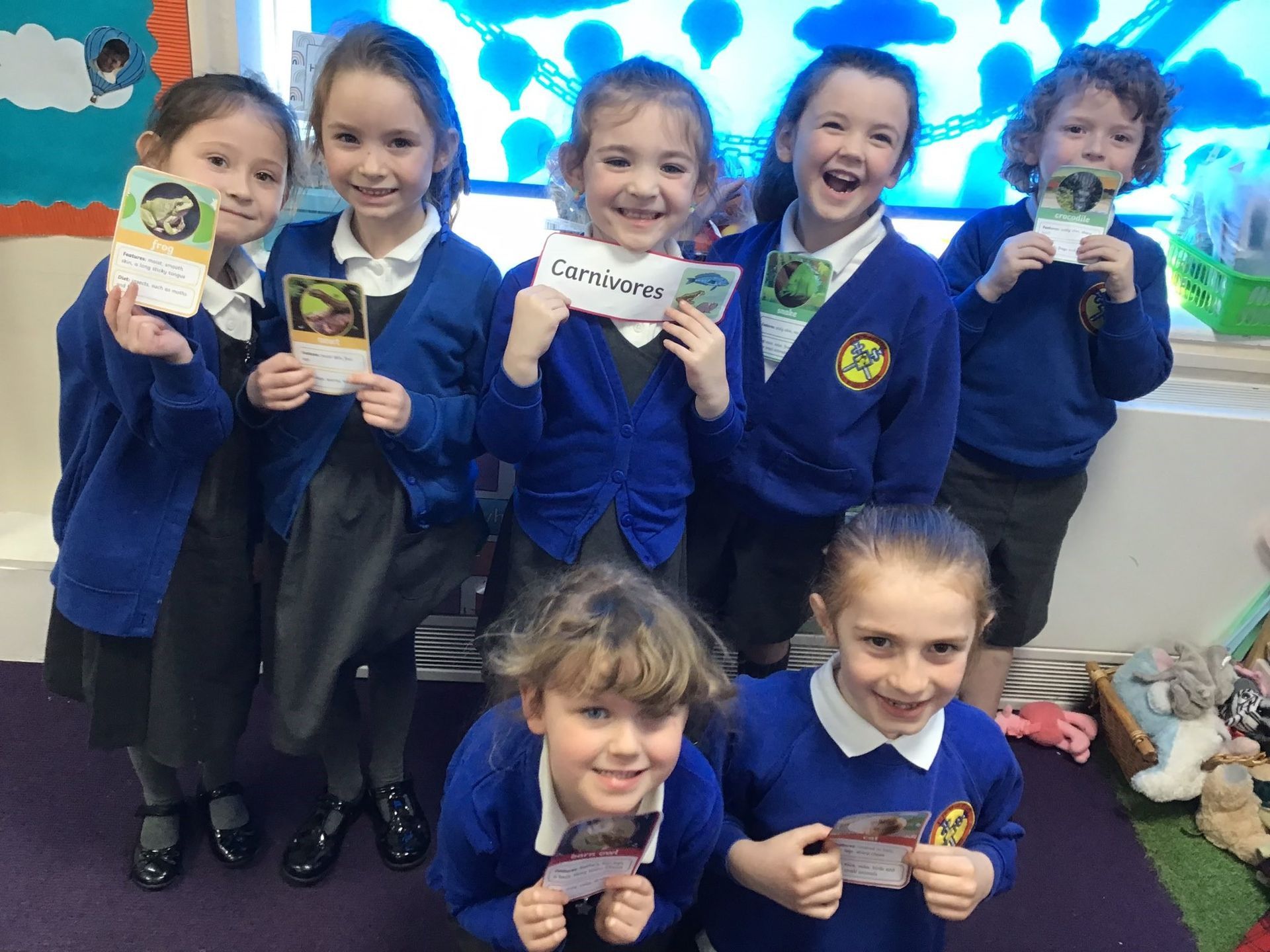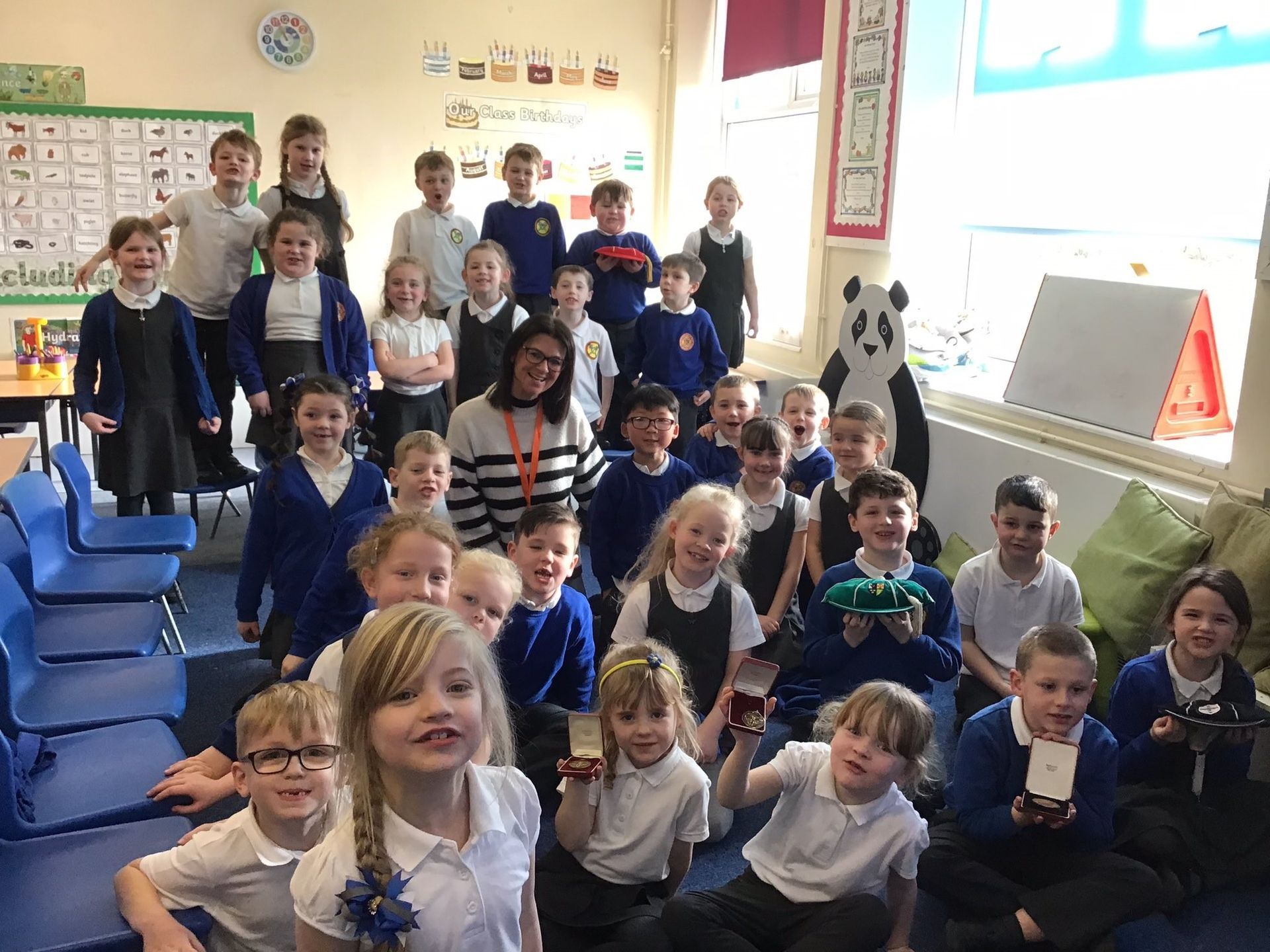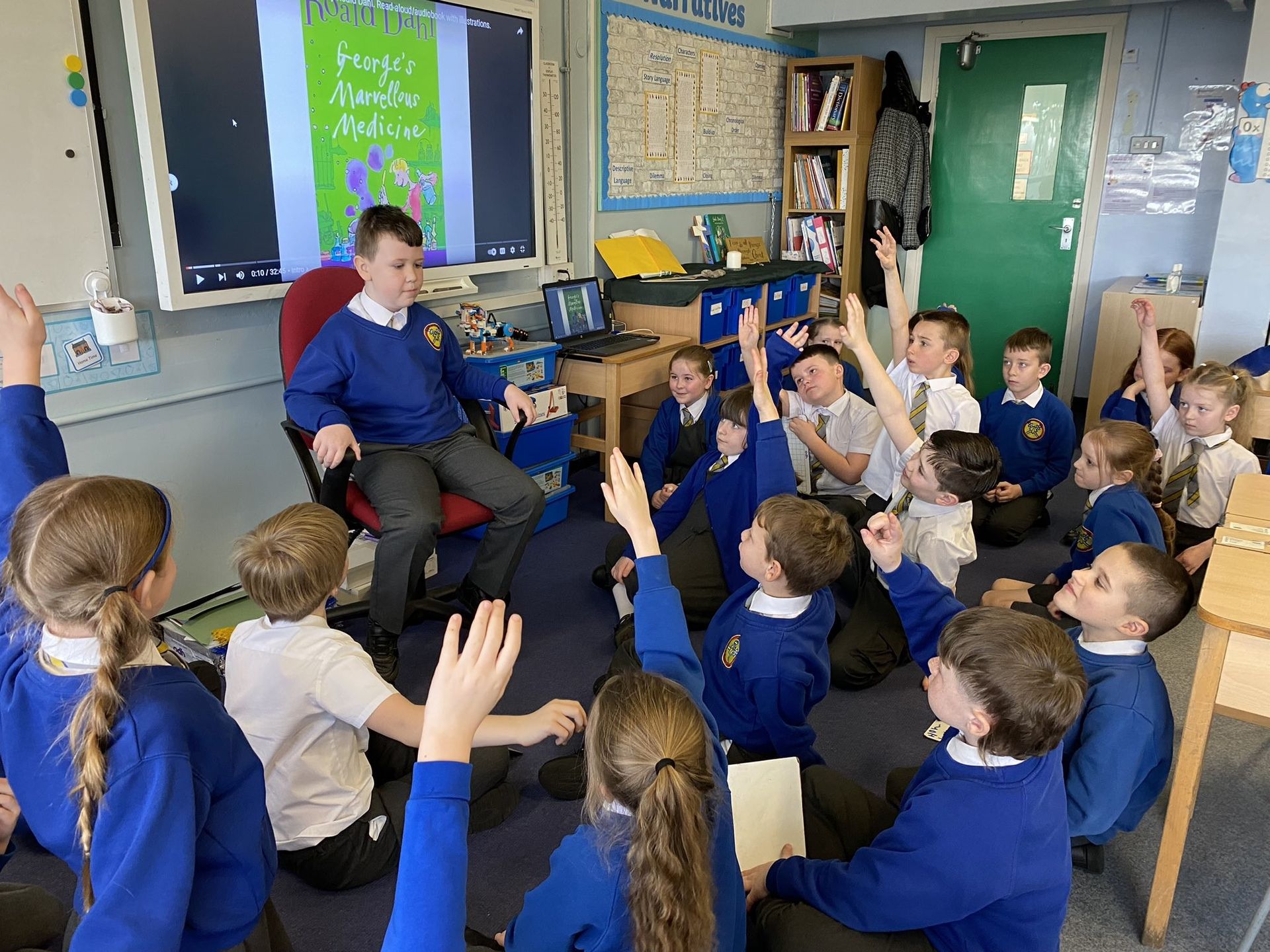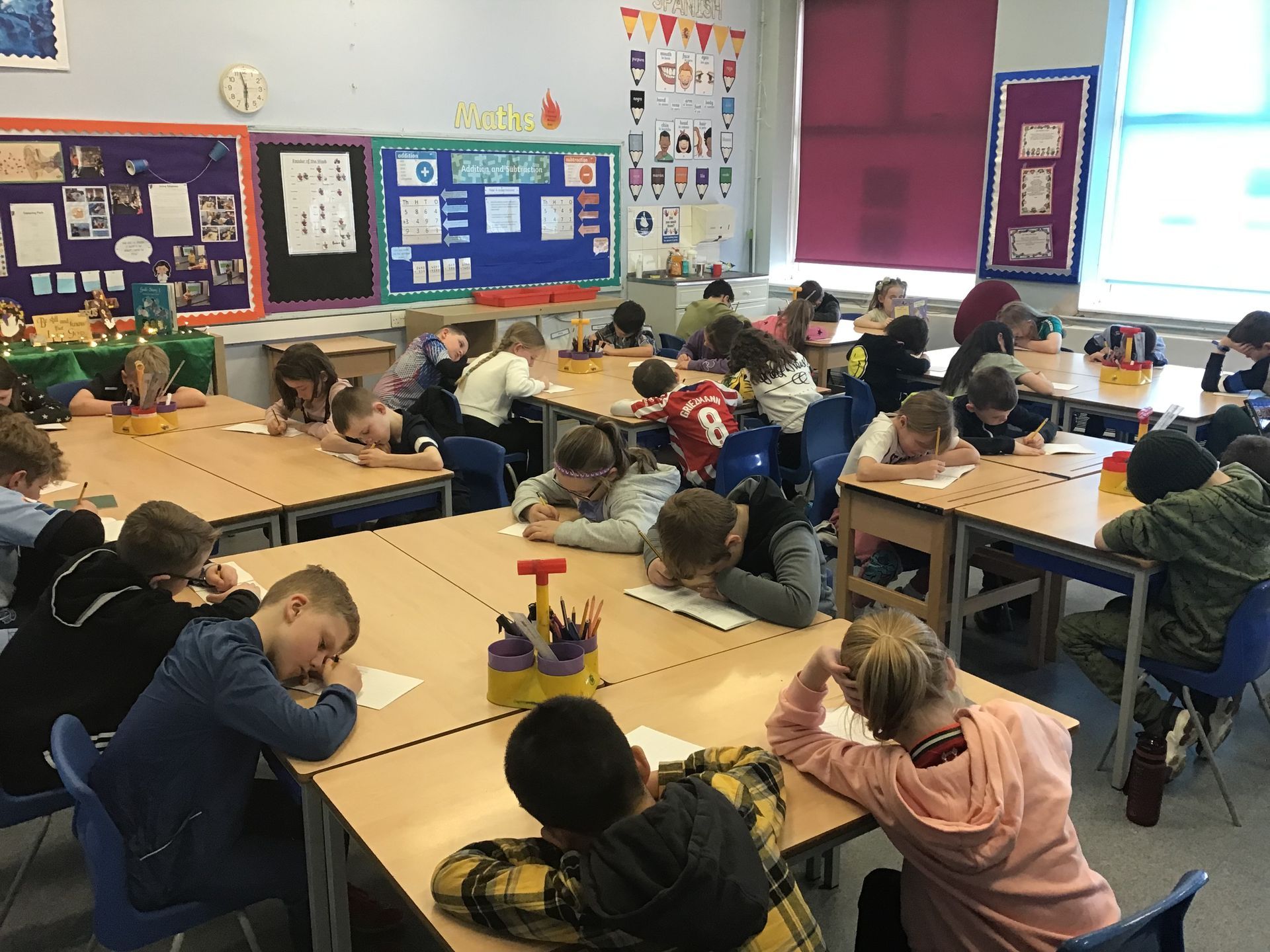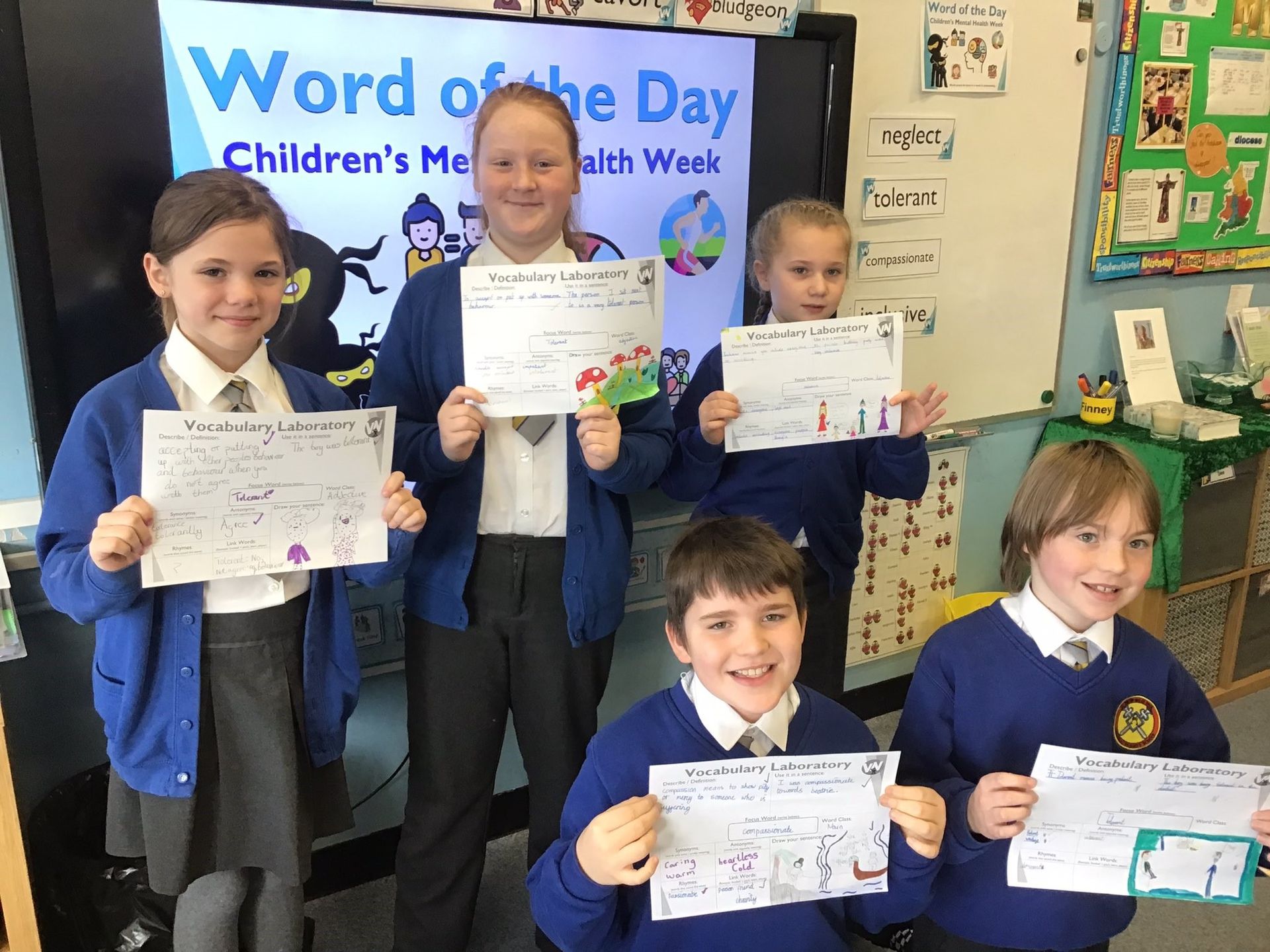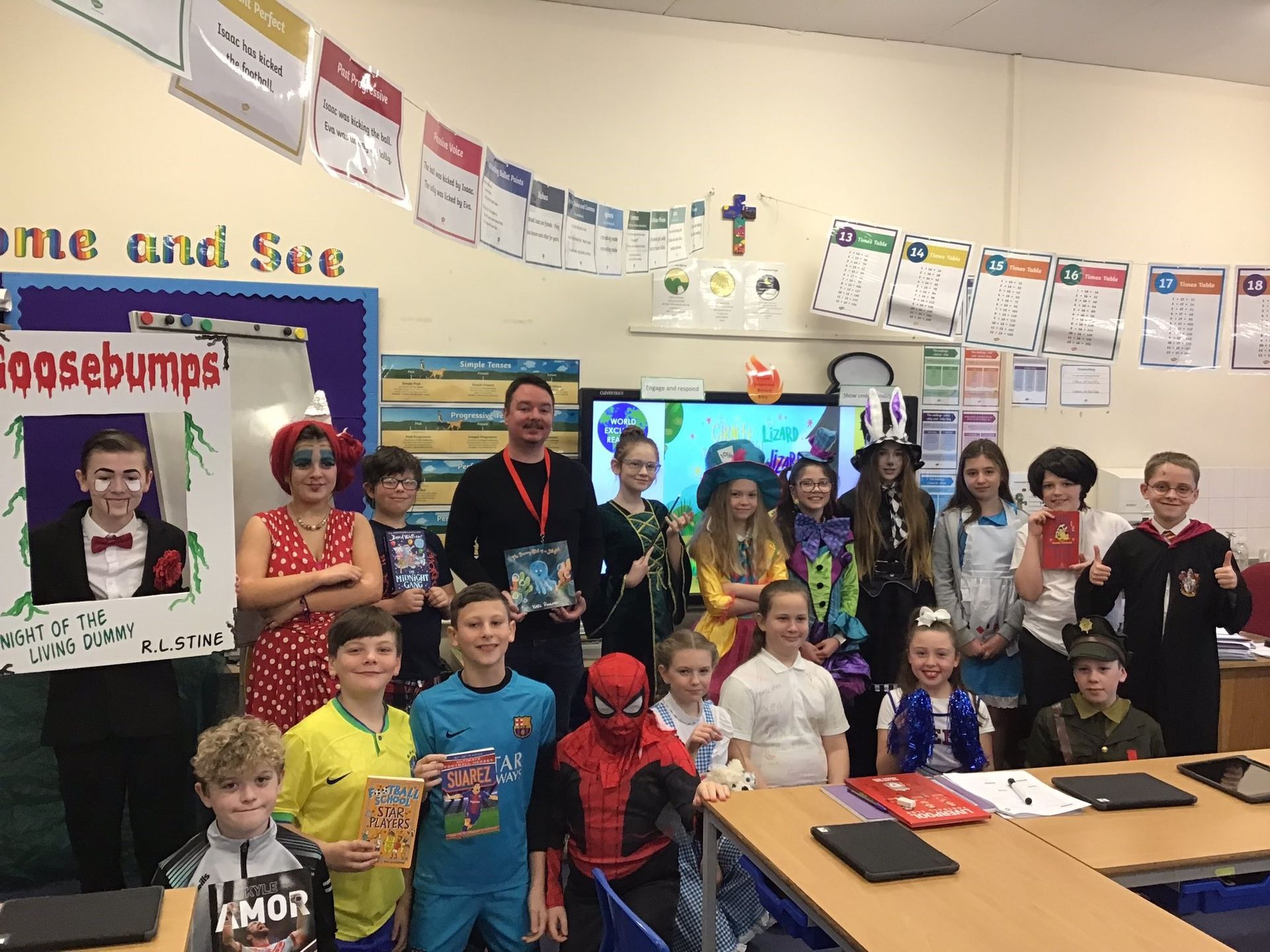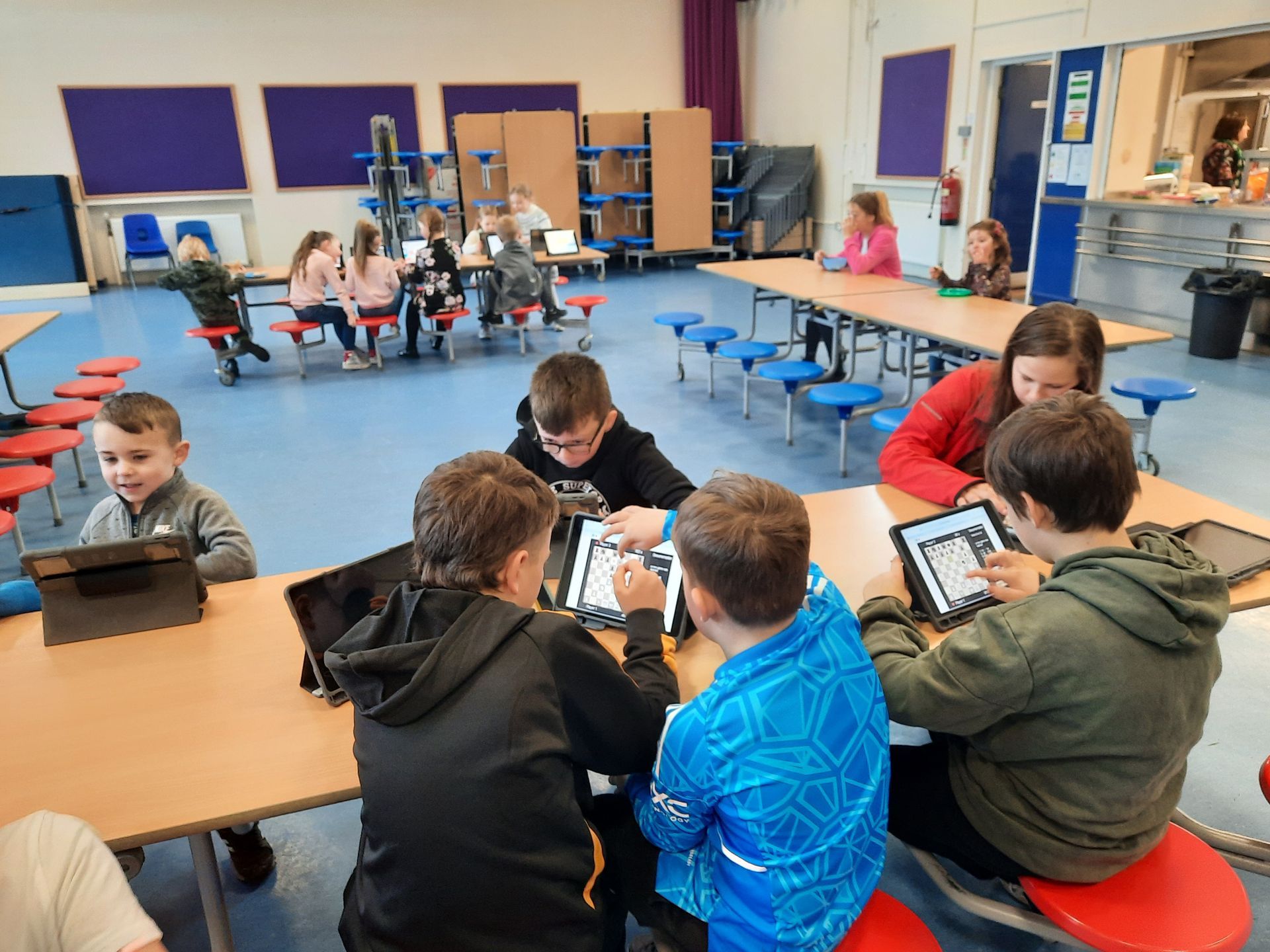ST PETER AND ST PAUL CATHOLIC PRIMARY SCHOOL
Music
Curriculum Intent
Music is a unique way of communicating that can inspire and motivate children. It is a vehicle for personal expression and can play an important part in the personal development of all. Music reflects the culture and society people live in and so the teaching and learning of music enables children to better understand the world they live in. Besides being a creative and enjoyable activity, music can also be a highly academic and demanding subject. Skills learnt in music lessons can often increase mathematical abilities such as pattern, shape and number. Music also plays an important part in helping children feel part of a community. At our school, we provide opportunities for all children to create, play, perform and enjoy music, to develop the skills, to appreciate a wide variety of musical forms, and to begin to make judgements about the music they make and hear.
The objectives of teaching music in our school are to enable children to:
- know and understand how sounds are made and then organised into musical structures
- know how music is made through a variety of instruments
- know how music is composed and written down
- know how music is influenced by the time, place and purpose for which it was written
- develop the interrelated skills of performing, composing and appreciating music
Implementation
Our school uses the national curriculum for music as the basis for its curriculum planning. While there are opportunities for children of all abilities to develop their skills and knowledge in each teaching unit, the progression planned into the scheme of work means that the children are increasingly challenged as they move through the school. We use the ‘Charanga’ music scheme to support our teaching as the interrelated dimensions of music (pulse, rhythm, pitch, tempo, dynamics, timbre, texture, structure and notation) weave through the units to encourage the development of musical skills as the learning progresses through listening and appraising, differing musical activities (including creating and exploring) and performing. From Reception to Year 6, the learning consists of six half-termly Units of Work. The final unit in each year allows for revision and further extension activities.
Each unit of work comprises the strands of musical learning which correspond with the music national curriculum:
- Listening and Appraising
- Musical Activities
a) Warm-up Games
b) Optional Flexible Games
c) Singing
d) Playing instruments
e) Improvisation
f) Composition
- Performing
Impact
Children demonstrate their ability in music in a variety of different ways. Teachers will assess children’s work in music by making informal judgements as they observe them during lessons. At the end of a unit of work, the teacher makes a summary judgement about the work of each pupil in relation to the National Curriculum, and records these grades. Older pupils are encouraged to make judgements about how they can improve their own work.
Our Music Curriculum impacts our children in many ways:
- By stimulating brain development
- By relieving stress and increasing well-being
- By developing team skills and encouraging children to connect with each other
- By increasing self-discipline and developing confidence
- By encouraging creativity and design
- By increasing knowledge of a variety of cultures and tradition
ST PETER AND ST PAULS CATHOLIC PRIMARY SCHOOL
Derwent Road, Haresfinch, St Helens, Merseyside, WA11 9AT
Tel: 01744 678640
Email: stpeterpaul@sthelens.org.uk
website by


